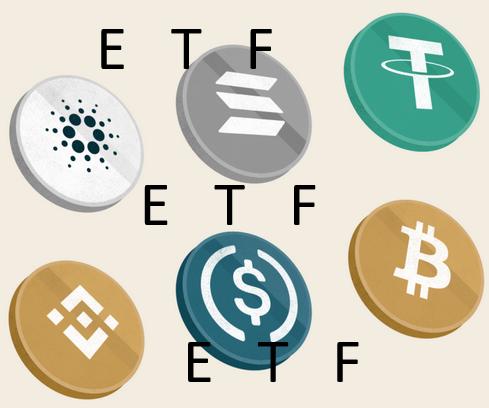There were two rumors which drove the cryptocurrency Market to this downhill, although the price manipulation is once again more obvious than ever.
One rumor was that SpaceX sold all or the majority of bitcoin help at its possession. Elon Musk with SpaceX, Twitter (or X) and Tesla is one of the major catalysts in the crypto world, and one announcement from his side (as he had done previously many times) can affect the crypto Market and volatility. An article from Wall Street Journal spread the rumor that SpaceX sold all its cryptocurrency holdings. Did Elon Musk get out of the crypto market, sell his bitcoin or part of them?
No one can really reply to that, but it was enough for a price turbulence and crypto crush. In combination with the announcement that the Chinese commercial real estate giant Evergrande was filing for bankruptcy in the United States drove market participants to a mass sell off and a bitcoin price dump.
Despite the bad news and the market sentiment of a sell off, there was also a rumor that United States regulators are in the final stages to approve an Exchange-Traded Fund (ETF) for Ethereum. An ETF is a financial product that allows investors to gain exposure to an underlying asset or a group of assets without actually owning them.
Similarly to a stock, an ITF can be traded on an exchange. It would allow investors to buy or sell shares of the ETF, which represent ownership in the underlying cryptocurrency asset without directly holding or manage those cryptos themselves.
There are many benefits from a cryptocurrency ETF, and especially from a Bitcoin and Ethereum ETFs since these are two (2) cryptocurrencies with the biggest Market Cap.
Diversification: Investors will have the opportunity to gain exposure to multiple cryptocurrencies through a singe investment.
Liquidity: ETFs trade on established exchanges, hence investors will be able to enter and exit the Market relatively easily since there will be high liquidity on the Market.
Regulated Access: There are many debates in regards of cryptocurrencies and the anonymity which surrounds them and their transactions. ETFs are subject to strict regulatory oversight, which can provide a level of security and accountability for investors.
Simplicity: Investing in an ETF can be more straightforward than managing individual cryptocurrency accounts and holdings. Investors will be able to oversee their investments without the need of opening themselves accounts to crypto exchanges and having to pass their own KYC and AML procedures each exchange has.
It’s important to note that the availability and regulatory of crypto ETFs depends on country to country and are always attached to a specific regulators’ instructions and restrictions. Certain countries are still in discussions to approve the launch of crypto ETFs, while most of them has not yet established a clear regulatory framework for them. One the other hand, El Salvador in September 2021 became the first country worldwide to make Bitcoin legal tender, requiring all businesses to accept cryptocurrencies for their purchases.








